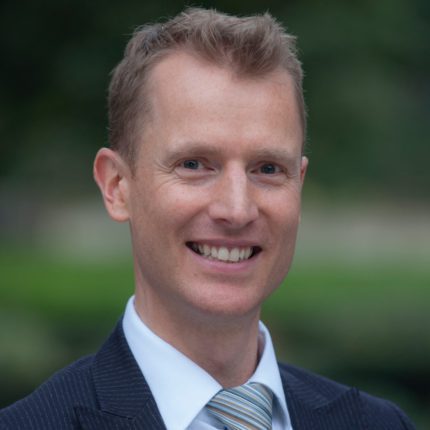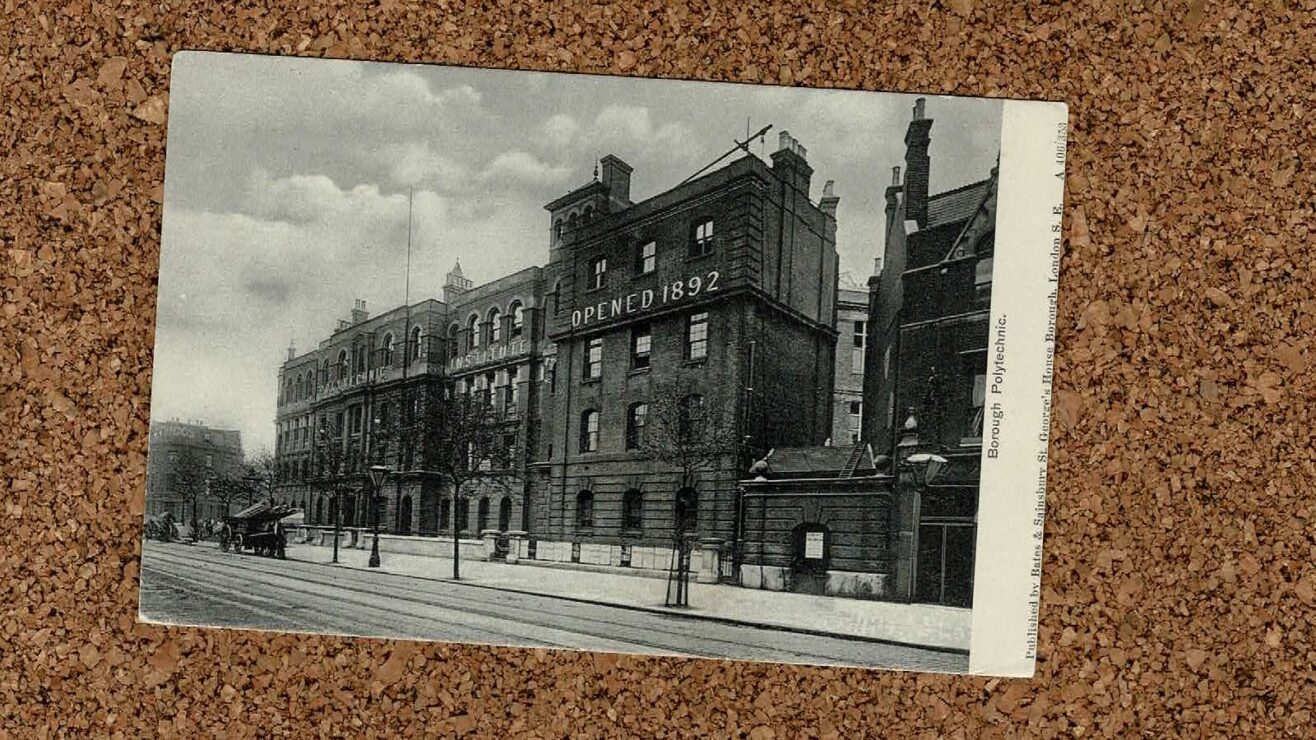The publication of the Strategic Defence Review (SDR) in early June 2025 emphasised a whole-of-society approach to defence and recognised the importance of societal engagement and resilience-building.
But there was also an element of missed opportunity – the review should also have been a moment to highlight the role of the network of 19 regional military education committees (MECs) which exist to foster good relations between universities and the armed forces, and their associated university service units (USUs).
Although universities were prominently featured in the SDR, the focus was narrowly confined to their ability to serve as a talent pipeline and to provide technology to support “warfighting” and “lethality”.
What’s missing is a more engaged understanding of the broader value universities provide for defence, particularly the role of MECs in fostering this relationship, building on Haldane’s earlier vision of a civic university with strong links to the armed forces.
We see a need to outline a broad vision for MECs that builds on the SDR but also looks beyond it, offering a future-focused perspective for leaders in the armed forces and academia.
Universities and civil-military relations
Universities play a crucial – though often overlooked – role at the interface of civil-military relations. Our graduates are the officers of the future, and with seven per cent of UK households including a veteran, and over 180,000 currently serving, many of our students’ university experiences are inherently shaped by military life, whether as part of service families or as future personnel.
Established as part of the Haldane Reforms of the armed forces in 1908, MECs were initially created to ensure that officer cadets received a balanced education, combining academic study with military training.
Today, MECs are a vital bridge between two distinct worlds: academia and the military. They offer a unique forum where these cultures meet, enabling universities to better understand the particular pressures facing students in university service units and students from service families, while helping the military appreciate the academic environment through the eyes of those teaching their officer cadets.
Military education committees and the student experience
MECs support students serving in university service units by helping them navigate the dual demands of academic study and armed forces activities. These officer cadets face unique pressures and challenges, but also gain valuable opportunities for skills development, leadership training, and even paid experiences through social and sporting activities including overseas trips and training deployments. For those interested in an armed forces career, scholarships are available which provide a crucial route to higher education, often for those who would otherwise find it financially prohibitive.
A recent commentary from the Royal United Services Institute underscores the importance of these activities, particularly the role of the University Officer Training Corps (UOTCs) in the British Army’s officer training pipeline. The authors warn against proposals to centralise all training at the Royal Military Academy Sandhurst, which they argue would undermine the historical and practical value of UOTCs as springboards for leadership and national resilience. They argue that UOTCs are vital for building the skills and networks needed for future mobilisations and for sustaining the Army Reserve’s capacity.
This vital role underscores how the meeting of minds facilitated by MECs is more than just symbolic. In practical terms, MECs bring together universities and university service units for events ranging from Remembrance Sunday commemorations, to officer cadet-led debates on topical issues, to high-profile guest lectures, like Newcastle’s annual defence lecture.
It has also helped bridge defence and the lecture hall. For example, through the Hacking 4 MoD module, facilitated by the Common Mission Project, where students tackle real-world challenges set by the Ministry of Defence. To date, this is run in over 20 universities across the UK, and is often led by MEC members, whose insights into defence make it easier for academics with no military background to teach and engage confidently in this space to better support students.
Pluralism, oversight, and civic values
The relationship between academic and the military is not without its critics. Some argue that engagement with the armed forces risks the militarisation of academic spaces, threatening academic freedom and raising ethical concerns.
Yet universities have never been entirely “de-militarised” spaces. The concept of the “military-university nexus” is useful here in that it challenges any simplistic binary between civilian and military spheres, requiring us to consider each relationship on its own merits.
MECs provide essential civilian oversight of USUs, establishing lines of communication that build trust and mutual understanding. As autonomous institutions, universities thrive on debate and competing viewpoints – this pluralism is vital if they are to remain places of innovation and critical thought.
Challenges and opportunities ahead
Looking to the future, MECs face the challenge of adapting to a rapidly changing educational and geopolitical landscape – one in which the UK will increasingly rely on societal resilience, whether to counter misinformation or respond to threats against NATO allies. Universities therefore have a crucial role in national security, not as talent pipelines alone, but as civic institutions producing future leaders, both civilian and military.
The national security landscape outlined in the SDR echoes Haldane’s idea of a “nation in arms”, fostering closer ties between the army and society to mobilise civilian resources during wartime.
The risk of the SDR, however, is that it frames universities too narrowly, as talent pipelines supporting STEM innovation in service of “lethality”, rather than recognising the wider civic contribution they make. In a democracy, we expect the armed forces to reflect the society they serve, in both composition and leadership values. Tomorrow’s officers are shaped in part by their university experiences – ignoring this reality is a missed opportunity.
Moreover, the emphasis in the SDR on AI, cyber warfare, and space defence requires a re-evaluation of MECs and their engagement with USUs. This sits alongside a broader shift from civic universities to a more regionally-engaged model – globally connected but rooted in local innovation and committed to addressing societal challenges. Universities and their respective MECs will need to foster adaptability and technological literacy, preparing students and staff for non-conventional challenges, whether in warfare or not.
Diversity and inclusive leadership
Taking a whole society approach to defence, MECs will need to redouble their efforts to champion inclusivity and diversity, fostering lesson-sharing between universities and USUs.
The armed forces struggle to be representative of the society they serve – with a level of ambition set for 30 per cent intake of women by 2030 (currently at 11.6%) and only incremental improvement in ethnic minority representation (currently 15.3 per cent).
Many USUs in contract already achieve or approach gender balance, though challenges remain in recruiting ethnic minority cadets, and translating the gender balance into those who chose to go through the full officer selection process. That said, MECs need to focus efforts to ensure the offer from USUs is inclusive, addressing barriers to participation and creating welcoming environments for all. At the Northumbrian Universities Military Education Committee, for example, we have a standing agenda item for USUs to report on the status of women within their units. This has led to several collaborations between university colleagues and their military counterparts to tackle the issue head-on.
The civic role, reimagined
The civic role of universities in supporting societal resilience – essential for an effective defence, through fostering informed debate, critical thinking, and understanding – is too important to lose. MECs remain central to this mission, ensuring that universities continue to be spaces of pluralism and partnership, bridging military and academic worlds for the benefit of both.
As universities reimagine their civic role, it is crucial that engagement with the armed forces remains anchored in inclusivity and democratic values, rather than reduced to recruitment pipelines or simply extracting STEM expertise in service of “lethality”. MECs have a key role in this, bringing together academic and military leaders to create spaces for reimagining civil-military partnerships – championing diversity, civic leadership, and mutual understanding in all areas of their work.














